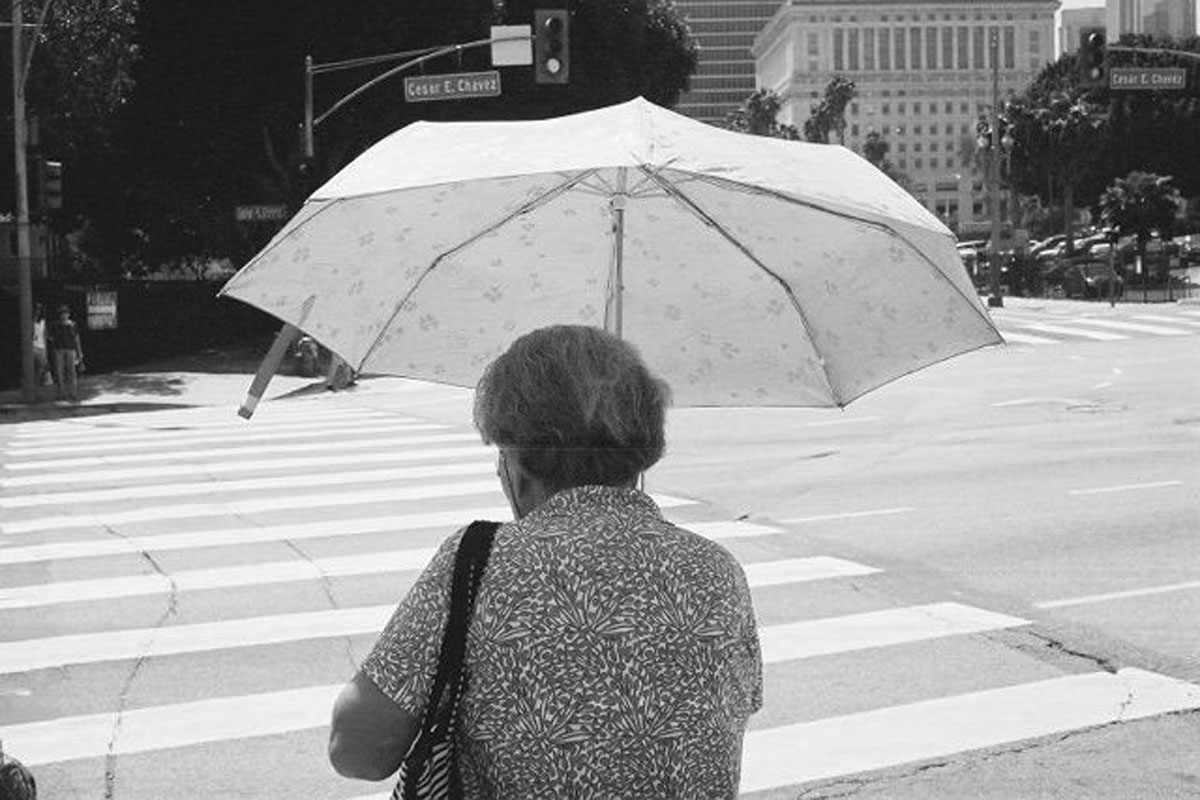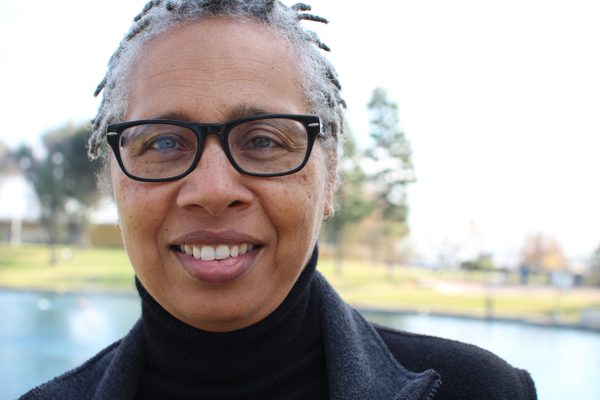My Okasan

There I was butt-naked in all my glory. All of my fullness on display to behold. Though I dug deep to exude some composure, I moved as graceful as a mother seal sliding past a flock of watching seagulls. I pushed myself forward, head high. Being fully exposed with nothing to hide behind, I sensed that this was going to be a moment to remember.
I was in Japan, spending the day at a local “onsen,” – a natural hot-springs bath house — in the “female-only” section. Surrounded by women of all ages, a naked communion was taking place, creating a sacred time to be with others, with nature, and with oneself. I should have tried to lose ten pounds before this trip.
* *
I was here with my Japanese girlfriend, Takemi. I was giddy. This was another country that I had dreamt of visiting. As a child, every Saturday morning I would run to the television to see my favorite cartoon, The Adventures of Johnny Quest. Johnny explored foreign lands, along with his dad, Dr. Benton Quest, Race Bannon (his bodyguard), Hadji (his adopted Indian brother), and Bandit, their fearless little bulldog. They often ran for their lives from native warriors, walking mummies, or large one-eyed spiders. They always looked forward to their next adventure, just like me. I wanted to be Johnny.
Takemi was enjoying her time in her homeland. She no desire to live there, mostly because of the many earthquakes. Takemi had lived in New York City for 20 years, and only periodically returned to visit her mother Yoshika. Also, at 5 feet 9 inches, Takemi felt like a giant in Japan. Fortunately, her height and natural beauty allowed her to travel the world as a model before becoming a fashion photographer. She is also left-handed. Growing up, her teachers frowned when she used her left hand. Takemi was told to use right-hand for everything, especially when writing and using utensils to eat. Japan appears to be gentle and peaceful society, but also inflicts an “invisible rule” upon its people— the subtle expectation of conformity. Wear the poker face, hide your feelings, don’t speak directly about your intentions, and if you’re a woman, don’t expect your opinions to be acknowledged.
Now we were on a seven-city tour, courtesy of Yoshika, and I was grateful she was excited to share her homeland with me. It was in the mountain city of Kusatsu, a famous Japanese resort, where I visited my first onsen.
After a dinner of soba noodles, sushi and sake at our hotel, moma-Yoshika, Takemi and I walked into the night, down a narrow path to another building. Inside a small steamy pool awaited us. “What better way to get to know the mother-in-law,” I thought. And then she called me “fat.” The commentary was a loving gesture of course.
* *
I was in the land of volcanoes, thus steam. This steam created the heat that warmed the underground springs on which onsen were built. I entered the changing room, which was outfitted with red wood lockers, carpeted floors, terry cloth bathrobes. I noticed that none of the women chose to wear robes, so I didn’t either.
I stand at 5 feet 8 inches, and let’s just say I am “full-figured.” When I enter naked, well I command attention. My feet are big, my breast are bigger, and my butt is biggest. The Japanese are polite, quiet and are often shy with their eyes. However, what is one to do when you’ve never shared an intimate space with a black woman, especially a naked black woman? You look. You peep. Maybe stare. Maybe smile, but mostly you look away quickly not wanting to appear rude.
Just before going to Japan, I shaved all of my hair off. Though I loved my hair, I am most comfortable with its natural texture as opposed to permed straight. I wore either a short afro, big afro, or dreadlocks. Now I was bald. The naked Buddha.
As I walked around the grounds to enter the pool area, totally exposed and watching women attempt to hide their glances, all I could hear inside my head was the theme music to fit this occasion. It rose to a thunderous “Bada-Boom, Bada-Boom!” I actually laughed out loud. There wasn’t a damn thing I could do but “jiggle-it,” and get into the water a quickly as possible.
As the three of us immersed ourselves into the earth’s champagne, personal inhibitions slowly dissolved. Since I wanted to capture every moment of the trip in photos, moma-Yoshika actually took pictures as naked as we were, and we all giggled.
I sank into the healing, warm, welcoming bliss and steamy bubbles. I felt my joints and muscles relax into an almost soft-noodle state. There was a faint scent of sulfur and lavender in the air. Soothing sounds of string instruments added to the bath’ house’s ambience.
* *
I had watched the love of my life and hoped she wasn’t uncomfortable in my presence. I also wondered what she was feeling as she watched her mother watch me. From our first meeting when she visited us in New York, mom always received me with gracious open-arms. Though Takemi and I were not introduced to her as a couple, I saw in her eyes that she knew our truth. I sat in the nakedness of the moment.
I moved from the hot bath to the cooler pool, dipped my bucket and poured what felt like ice water over my head. As I exited this exclusive bath, I stepped as gingerly as I could knowing I was bringing thunder. “Bada-Boom” was playing at full volume as one woman giggled out loud. She later shared that she loved the curvature of my hips and big butt in a well-intentioned way.
* *
Mom did not speak much English, nor I much Japanese, so Takemi was our translator (which she did not particularly like doing).
I found that the Japanese do not seem to engage in much light conversation (at least not with non-Japanese). At the dinner unless I started a discussion, no one would converse. Once started though, we would talk about history, women, men, food, astrology, and of course my favorite subject, Takemi. Mom enjoyed that we could chat for hours on end; banter became an easy flow with us, much to Takemi’s dismay because of the time it took to translate.
Mom came from a lineage of large land owners dating back to the Shogun era and she had inherited some of the family holdings; she fought to get more. She was the oldest of her siblings and believed she was entitled to more. This was unusual because custom dictates the elder male child to be first heir to any family succession, and it is recognized in the Japanese courts of law.
Japanese women hadn’t been allowed to work outside the home. Mom, however, was successful businesswoman. Although separated for many years from her husband, Takemi’s father, she also had a boyfriend (another taboo which she dared)- with whom she operated a successful construction company that built schools and condominiums. Finally, she also moonlighted as a psychic. She gave astrological fortune-telling readings to paying clients, using shengchein bazi, the Chinese zodiac. She also wrote a monthly magazine column that featured her predictions.
Takemi’s father, whom I never met, was an international businessman who traveled a lot. He came from humble beginnings, and after he and Yoshika married they moved into his mother’s home. According to Yoshika, she was treated like an unwanted stepchild because her mother-in-law resented her family’s wealth. She was forced to do meager chores while her mother-in-law ridiculed her. However, once her husband became successful Yoshika traveled with him to New York where Takemi was born. From there, they spent several years in Hong Kong before going back home to Japan.
Takemi was young when her mother and father separated. Although Yoshika never gave her husband the divorce for which he asked, she insisted on his continued financial support. This was when Yoshika’s boyfriends, lies and manipulation began.
While Yoshika kept one Tokyo apartment for Takemi and her brother, she had another apartment across town where she lived with her boyfriend. The young siblings raised themselves well into their late teenage years. They were left to feed themselves, get themselves to school, and protect each other. Yoshika would show up several times during the week to make sure they had food. As Takemi grew older she came to resent her mother. It was only a few years before I met her that, she and her mother began to mend their relationship. I suspect the damaged relationship played a role in Takemi’s move to New York.
Mom would buy Takemi excessive, expensive gifts that were sometimes rejected. Yoshika supported more with money than with affection. I witnessed the strain between them. Mom would often comment that she thought I was more Japanese than Takemi because I would want to assist her and walk with her. She still hoped Takemi might marry a wealthy man and live happily ever after, but in reality knew otherwise.
Yoshika spent money lavishly. She would go on wild shopping sprees that bordered the ridiculous. In New York she would shop non-stop for hours. Several people were needed to carry all of the large shopping bags up our fourth floor walk-up.
She would invite Takemi to join her for shopping in Hong Kong, Guam, and Hawaii. Often took she took the attitude that everyone could be bought, including me. Once, when she visited us in New York I slaved over the perfect dinner, but Yoshika took a sleeping pill just before it was time to serve. She slept through dinner. Takemi was furious, I was disappointed. The next day Yoshika bought me a beautiful cashmere sweater. I accepted the gift, but was still upset.
We traveled on to the city of Kobe, where we attended a show of the all-female theatre group Takarazuka. Similarly to the world-renowned all-male, Kubuki theatre group, its members performed all gender roles. It all felt very Las Vegas; there were big dance routines, dramatic songs, flashy lights, and over-the-top wardrobe changes with huge feathers, and rhinestones. The actors and dancers paraded down wide staircases, and performed in a Rockette-style kick line. Yoshika once auditioned to join this troupe. I guess it didn’t work out.
Mom loved ballroom dancing though. She was graceful as she glided across and twirled around the dance floor in her costume gowns, diamonds, and high heels while in the arms of her younger, male dance partner. In many dance-off concerts, she danced the waltz to the delight of hundreds in attendance. She had a flare for drama which always surfaced in the music she chose – long, moody orchestrations. Her expression was her pride, as her collection of trophies and other awards attested to.
Yoshika was not a complicated woman, though with secrets, she simply dared to live going against the winds of cultural tradition. She was a business owner, she lived and loved outside of her marriage, and she left her children to grow up on their own (her one regret). She traveled, paying her own way.
* *
At the airport before our departure home, moma-Yoshika turned to me.
“Now I have two daughters.”
We all cried good-bye. It was the last time I would see her alive in Japan. Yoshika died in 2007.
In our home in Los Angeles, there is a small altar to Yoshika, with a photo of her, a miniature tombstone marker, and some incense. Feeling her presence, I still say hello to my Japanese okasan.

August 24, 2016










